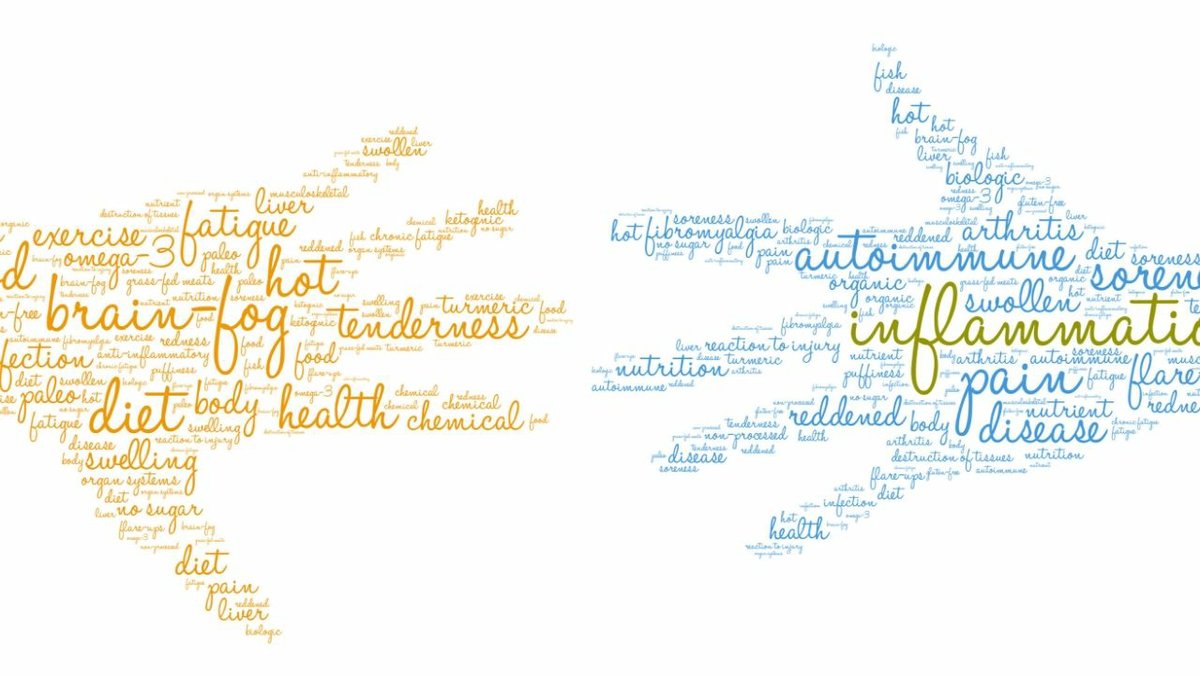
Mainstream medicine defines autoimmune disease as a chronic condition where a person’s immune system mistakenly attacks healthy cells in the body. The result is inflammation, pain, and tissue damage. You likely know someone who has an autoimmune disease like rheumatoid arthritis, Type 1 diabetes, multiple sclerosis, lupus, or celiac disease, but there are more than 80 autoimmune conditions affecting every part of the body.
Autoimmune diseases are often characterized by cycles of worsening symptoms—also known as flares—followed by periods of remission. Depending on the autoimmune condition, medications may be prescribed to mitigate and manage symptoms and/or to prevent progression of the disease by suppressing the immune system.
If medication alone fails to manage flares or causes serious side effects, many patients seek additional therapies to complement or replace drug therapy.
Michele Renee DC, MAc, massage therapy program director and associate professor at Northwestern Health Sciences University, explains that stress is one of the biggest triggers for autoimmune flares.
She notes, “Since stress activates the sympathetic nervous system while inhibiting the parasympathetic or ‘rest and digest’ nervous system, alternative approaches to autoimmune conditions seek to activate and restore resiliency to the parasympathetic nervous system and to keep patients there for longer periods of time.”
“The diagnosis of an autoimmune disease can feel heavy and hopeless, where addressing individual symptoms can feel empowering. That shift in perspective is so important on a patient’s healing journey.” — Dr. Michele Renee
For example, Dr. Renee points out that many autoimmune conditions disturb sleep. “Massage therapy has been shown to establish better sleep patterns, which can improve patients symptoms of pain and inflammation. If we can help patients access longer periods of time in ‘rest and digest,’ we can promote healing.”
As another example, Dr. Renee explains that the Traditional Chinese Medicine (TCM) approach to autoimmune disease would consider a patient’s specific symptoms vs. the diagnosis of a condition. She explains, “The diagnosis of an autoimmune disease can feel heavy and hopeless, where addressing individual symptoms can feel empowering. That shift in perspective is so important on a patient’s healing journey.”
In addition to herbal medicines and/or acupuncture, a TCM practitioner might incorporate food and lifestyle interventions to down-regulate a patient’s autoimmune reactions and to balance (vs. suppress) the immune system. “TCM looks at symptoms from a different perspective than mainstream medicine. For instance, flares and inflammatory reactions are considered ‘hot,’ so a TCM practitioner might prescribe certain cooling foods, depending on the individual’s experience of a flare.”
Dr. Renee notes that, “Managing an autoimmune disease is a journey. There often aren’t quick fixes, but there are many proven paths to explore for lowering stress, improving sleep, managing pain, improving nutrition, and creating longer periods of time between flares.”
Located in Bloomington, Northwestern Health Sciences University is a pioneer in integrative natural health care education, offering degree programs in chiropractic, acupuncture, Chinese medicine—including a new Doctor of Chinese Medicine—massage therapy, nutrition, post-bac, pre-health/pre-med, and B.S. completion. Its clinic is open to the public, and provides chiropractic treatment, massage therapy, acupuncture, Chinese medicine, naturopathic medicine, cupping, and physical therapy.
See more content from Northwestern Health Sciences University.
Sign up for our Be Well newsletter to get the latest health and wellness coverage.